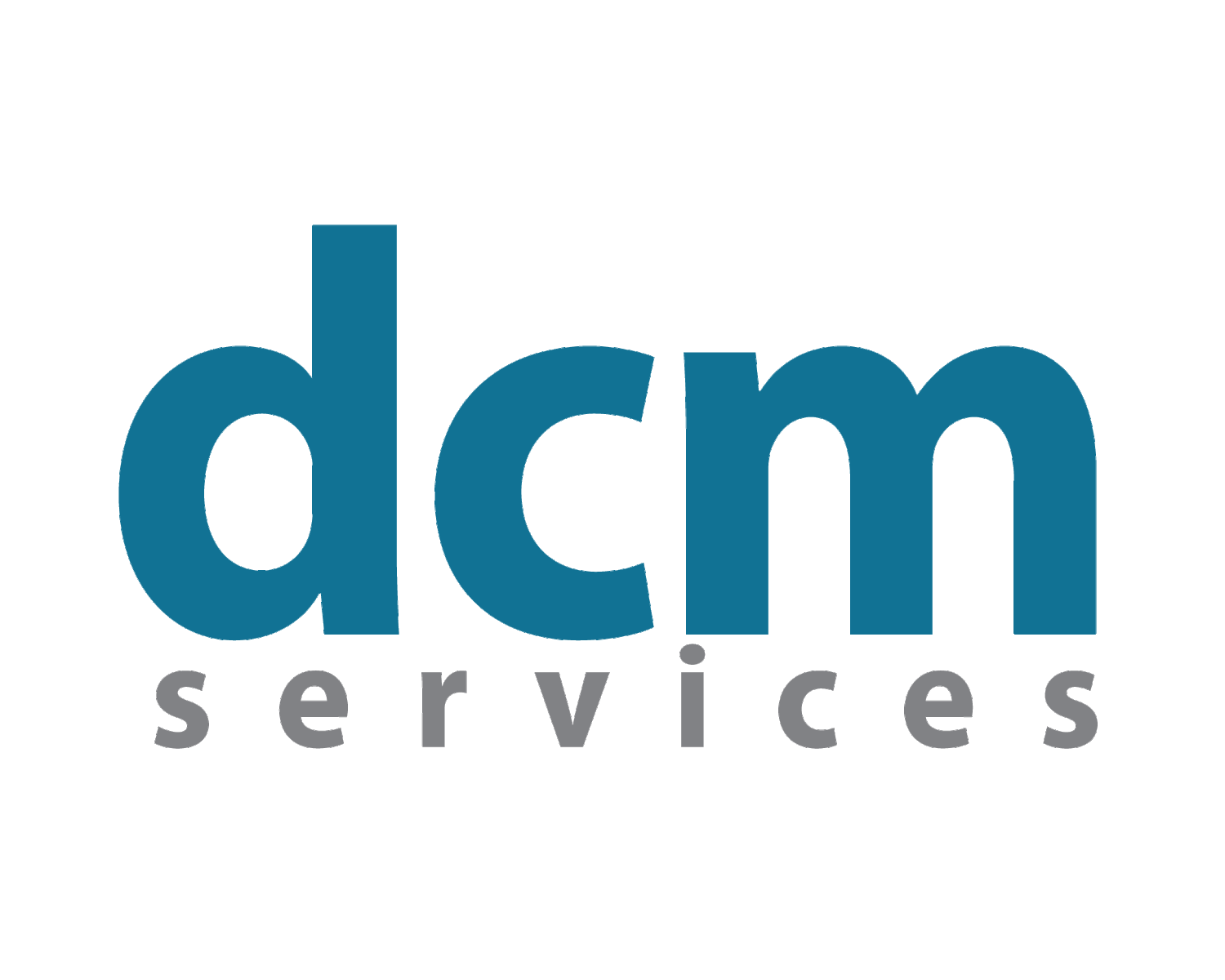It’s important to understand that the differences between traditional debt recovery and deceased account recovery are significant, and thus deceased accounts require specialized treatment. Predominantly, the reason accounts are placed for follow up with DCM Services is because the consumer passed away, not because there was a delinquency on the account. As such, these accounts shouldn’t follow the same path that traditional delinquent accounts follow.
I’ve outlined my considerations for deceased account recovery in the following three categories: legal considerations, nuances of probated estate claim filing, and consumer sensitivity.
Legal considerations
As with traditional debt recovery, if the work is being done in the third party, there are specific laws to be adhered to. The FDCPA and other state debt collection laws are examples of laws that must be abided by; however, they were not written with deceased account recovery in mind and as such, are incomprehensive. Between 2009 – 2010, the FTC did research within the deceased account recovery space and provided some guidance with their “Statement of Policy Regarding Communication in Connection With the Collection of Decedents’ Debts,” which should be reviewed. Below are a few significant topics they address within the statement:
The definition of who is allowed to be considered a Right Party Contact (RPC), and how to confirm their authority in relation to the deceased consumer
Information cannot be disclosed about the debt until the RPC is identified. Although, DCMS respects the intent of this requirement, this unfortunately leads to initial complications during the recoveries process, a delicate dance takes place; agents cannot disclose any account information until the RPC has been confirmed, but often the contacted party won’t disclose their role until the agent provides the reason that they’re calling. This confusion is further magnified by a cultural concern with data protection and privacy.
Liability of the debt cannot be misrepresented. This often translates to agents proactively giving a non-liability disclosure to the RPC.
Nuances of probate claim filing
Identifying probated estates and filing creditors’ claims are a complicated, yet critical, part of this specialty receivable as well. Simply searching for probate cases, managing the process, and remaining compliant within the requirements to present claims in each jurisdiction (of which there are more than 3,400) is enough to cause complications. Furthermore, allowable time spans in which to file the claims must be managed by locations, which vary drastically. As an authorized signer, proper and adequate knowledge of the debt and claim signing controls must be in place. This part of the process, specifically, can be overwhelming, cumbersome, and expensive, to manage. Have no fear, there are subject matter experts at DCM Services to assist.
Consumer sensitivity
By now you’re probably wondering what risks are associated with not understanding all of these constraints. If there are incorrect or inadequate service levels associated with these specialty accounts, the risks often manifest themselves in the form of:
Elevated complaint levels
Consumer harm
Harm to an organization’s brand
Disallowed or disputed claims (if your controls are inadequate related to filing creditors claim against the probated estate)
In the end, nearly every aspect of communication is completely unique. Recovering on specialty receivables is far more akin to a customer service interaction than collections. It requires a level of sensitivity and compassion. This often results in call length longer than your average debt collection call as there are a myriad of disclosures. The ongoing training agents receive should encompass patience, sensitivity, and tone, yet a firm reminder that they are not grief counselors. Agents also need to understand the probate process without providing legal advice.
My advice? Work with a partner who is aware of the legal considerations, well-versed in the nuances of probate claim filing, and is skilled in consumer sensitivity.
DCM Services can help drive growth at every stage in the recoveries process and assist in creating the right end-to-end workflow for your organization.
Disclaimer: At the time this article was drafted Regulation F, the law that amends FDCPA, was not in effect.
About the author
As a veteran in the credit and collections industry with over 25 years of experience, Tracey joined DCM Services in 2004. Her experience includes customer care through late-stage recovery call center operations, in addition to first-party and third-party roles. She has managed multi-location call centers, including new center acquisitions and integration.
Tracey serves as an editorial board member on the Compliance Professionals Forum (InsideARM affiliate) and has been asked to speak on industry recovery topics throughout the nation.
Tracey received a Bachelor of Arts from University of Minnesota in English and Communications.
Connect with Tracey on LinkedIn.


